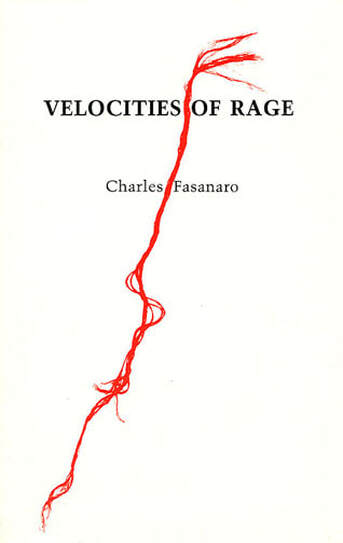|
One needn't be a soldier to appreciate the sentiments and emotions captured in Charles Fasanaro's work on the Vietnam experience, only human. In 1968, Charles Fasanaro interrupted his graduate studies in chemistry to work for Behavior Systems, Inc., training dogs to detect trip wires and land mines. His job took him to Fort Gordon, Georgia where he taught these methods to the 25th Infantry Division, 60th Infantry Platoon, Scout Dog. Because of his friendship and concern for the men he was working with he requested to be sent with them to Vietnam where he served with both Army and Marine units from the DMZ to the Mekong Delta. The poems in this collection are the fruit of that experience. After this service, Fasanaro earned his Ph.D. at the Iliff School of Theology; he is currently on the faculty of St. John's College in Santa Fe, where he lectures on compassion and military ethics. Potentials of Death One marine sleeping. The night air chants, To be destroyed or not to be destroyed? Two questions from dark hamlets-- Villages of pain. Children A village child eats: kindness today terror tomorrow. Soldiers clap with joy watching on the graves of his brothers. Loss I watch as Bill Sims' memories are wrapped up. The final indignity: Not even allowed to fertilize good crops. He lies with others, body bags rippling, Moved by the foreign wind Which says goodbye. |
Velocities of Rage
by Charles Fasanaro Cover design by Judy Sohigian First edition 1993 72 pages, 5¼" x 8¼" ISBN 0-932274-46-3 $8.95 About the Book
Charles Fasanaro says it all—every crevasse of the Vietnam veteran's psyche is exposed with clear, precise, serene intensity. Mistaught morality is righted if we have the courage to visit the room of, No More War. — Jack Lynch National Board of Directors, Vietnam Veterans of America This work is the expression of the shattering impact of Vietnam on the poet and his spirit's struggle to piece something together when the edges will not fit in a world oblivious of war. There is no ability to comprehend from our comfort what his or any vets enduring responses to the experience of war may be. These poems are written powerfully, simply and honestly by someone who was blown into the center of himself. (There is no preparation for this.) But within the ensuing maelstrom of feelings that seek voice comes an amazing, deep, painfully purchased understanding: I became a crystal palace Beautiful and almost perfect except for one room, Misshapen and bent, filled with the unclaimed dreams and hopes of me and my friends. Generals and politicians went in one day Felt the contours of my pain and my love for them. They called it the room of No More War. This is a book for all of us. Its gift is immense if we can but listen within ourselves powerfully, simply and honestly. — Cray Dheft, 8/97 THE BOOK BUFFET There is a tendency to soften the edges of horror: to deny it in the moment, to transform it over time. A result is that the atrocities of war go unseen, grow dim, become glorified. These poems were written in Vietnam, terrible moments experienced deeply. Now, a quarter of a century later, is a good time to strop horror's razor, keep its edges sharp and true—that Vietnam's lesson be seen and remembered. — Heather Folsom Psychiatrist and Playwright These are not anti-war poems in the ordinary sense, filled with rancor, posturing and pride. . . . Fasanaro views the proceedings of death, depravity, and futility, and through his experiences reaches a new articulation of heroism—one which we'd all do well to contemplate. — Lee Perron Poet |
Cadmus Editions
[email protected]
[email protected]

